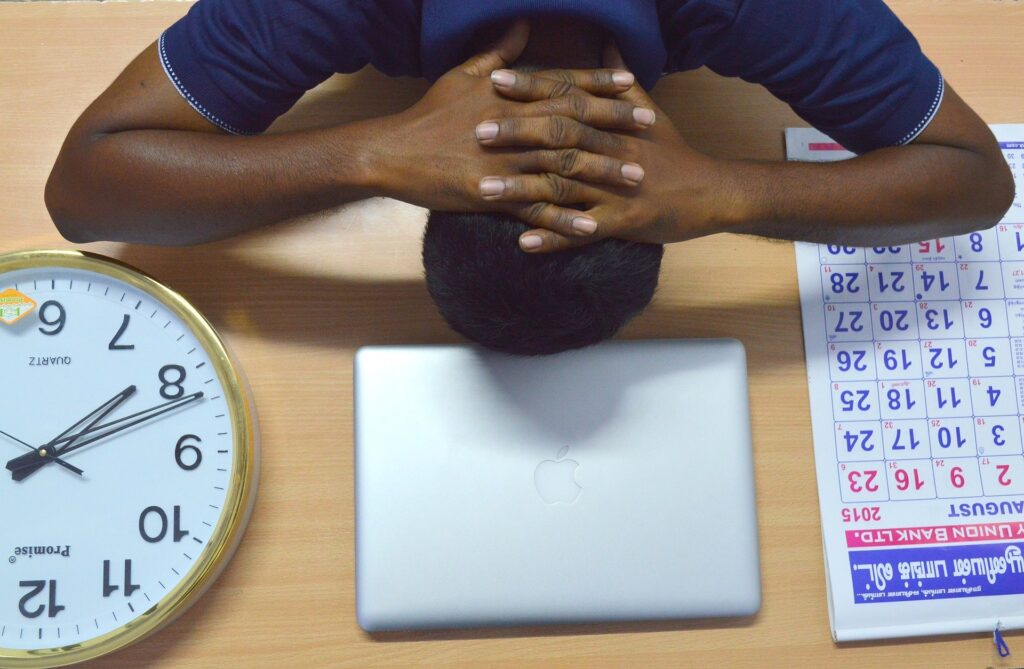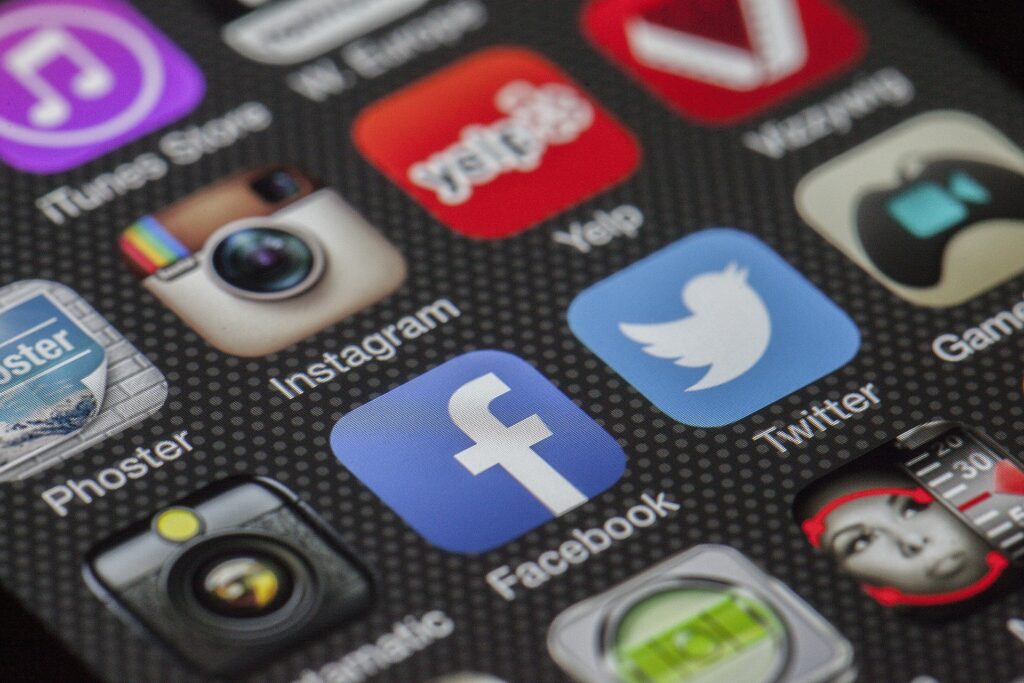5 Habits that May Damage Your Thinking

Have you ever felt like your head was in a muddle? We all know the feeling. We can’t get our thoughts straight, memories slip out of our mind and we make silly little mistakes. But did you know that our habits can affect the quality of our thinking?
Here are five habits that may damage your thinking.
1) Not getting enough sleep

The average person needs seven to eight hours of sleep each night to function properly. Unfortunately, some treat it like an inconvenience that gets in the way of study or work, and try to power through the night with less. Except, research shows there will be many negative effects on your thinking. Studies have demonstrated a link between poor sleep and lower alertness, slower reaction times, frustrated moods and impaired memories. The effects are especially bad for higher brain functions like self-control, creativity, decision making, logical thinking and humor. If you thought a strong coffee might make up for a lack of sleep, sorry, but experiments show that caffeine restores some alertness but overall thinking is still impaired. So the next time you have something to do at night, consider dealing with it later so you can get some well-needed rest.
2) Multitasking

How good are you at multitasking? Sorry, but this is a trick question. The brain is not built for multitasking at all, and some researchers even call it a “myth”. When you think you are dealing with many problems, you are actually paying attention to one thing at a time, but switching between them rapidly. This switching releases stress hormones that damage short-term memory and learning. Studies show that multi-tasking results in poorer performance than focusing on one thing at a time. When we give our full attention to a single task without distraction, we enter a “flow” state where we are fully absorbed and we perform at our best. So the next time you face multiple challenges, consider tackling them one at a time.
3) Information overload

Since you started watching this video, how many pings and notifications have you received? The constant stream of emails, messages, notifications and updates is overwhelming for the brain, which is not truly suited for juggling so many pieces of incoming information. All of these distractions hijack the brain’s reward center and activate a short burst of dopamine, the same hit of pleasure that gambling and drug addicts get. Your brain gets rewarded for losing attention and in the long run, you become addicted to shiny distractions. So the next time you are bombarded with information, consider turning off your inbox or device so you can pay attention to the most important things.
4) Sitting for too long

How long have you been sitting today? Studies show that being inactive is bad for both your brain and body. Medical research shows that when you sit still for a long amount of time, blood pools near your legs and cardiac output decreases. The result is that blood available to the brain decreases by 5% and problem solving errors increase by 56%. In the long term, people who sit for extended amounts of time have thinner areas of the brain responsible for memory. Regular physical activity is vital for the brain’s functioning. So the next time you have to complete a task, try to do it standing or walking if possible, or take breaks to exercise.
5) Not drinking enough water

How much water do you drink each day? Experts suggest between four and six cups a day, depending on individual needs. Water is vitally important for the body’s needs, and the brain is no exception. A metastudy from the Georgia Institute of Technology found that being dehydrated causes significant impairments in mental capacity. In particular, executive functioning is reduced. This includes tasks like mental math, following maps, proofreading or logic puzzles. Dehydration also affects the parts of the brain responsible for motor coordination, as test subjects become significantly less accurate in their physical movements. So the next time you go outside, try bringing a bottle of water to keep yourself hydrated.
So there you have it, five habits that may damage your thinking. Do you find any of these tips helpful? Let us know in the comments below. And don’t forget to like and share this article if you think it will help others. The studies and references used are listed in the description below.
References
Harvard Health Publishing. (2020, March 25). How much water should you drink? https://www.health.harvard.edu/staying-healthy/how-much-water-should-you-drink
Killgore, W. D. (2010). Effects of sleep deprivation on cognition. Progress in Brain Research, 185, 105-129.
Levitin, D. J. (2014). The organized mind: Thinking straight in the age of information overload. Penguin.
Peifer, C., & Zipp, G. (2019). All at once? The effects of multitasking behavior on flow and subjective performance. European Journal of Work and Organizational Psychology, 28(5), 682-690.
Rosen, C. (2008). The myth of multitasking. The New Atlantis, (20), 105-110.
Siddarth, P., Burggren, A. C., Eyre, H. A., Small, G. W., & Merrill, D. A. (2018). Sedentary behavior associated with reduced medial temporal lobe thickness in middle-aged and older adults. PloS one, 13(4), e0195549.
Stoner, L., Willey, Q., Evans, W. S., Burnet, K., Credeur, D. P., Fryer, S., & Hanson, E. D. (2019). Effects of acute prolonged sitting on cerebral perfusion and executive function in young adults: A randomized cross‐over trial. Psychophysiology, 56(12), e13457.
Wittbrodt, M. T., & Millard-Stafford, M. (2018). Dehydration impairs cognitive performance: a meta-analysis. Med Sci Sports Exerc, 50(11), 2360-2368.



Responses